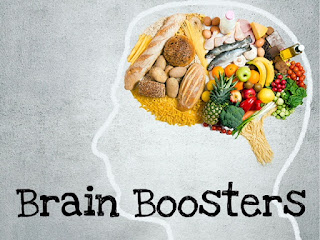Kidney Stones
Kidney stones form when the kidneys are not able to process and excrete waste products, excess minerals, and toxins. The crystals of unprocessed minerals, especially calcium, begin to accumulate. Kidney stones, if they’re large enough, may cause tearing and pain, some even block urine flow.
Diet-wise, limit your intake of sodium, non-veg protein, foods rich in oxalates like palak, beetroots, buckwheat or kuttu, wheat bran, nuts, and chocolate. Excess supplemental Vit C, above 2000 mg, can also increase the risk of kidney stone formation.
The following tips should help improve kidney health:-
1. Water- Staying well hydrated is key to good kidney health. Up your water intake if you have high uric acid levels and are prone to kidney stone formation. Drink water at regular intervals through the day.
2. Lemon juice- Lemons contain citrate, which is a chemical that prevents calcium stones from forming in your kidneys. Citrate can also break up smaller kidney stones, allowing them to pass out more easily. Adding half a deseeded lemon to your bottle of water will help flush your system.
3. Basil juice- Basil contains acetic acid, which helps to break down the kidney stones and helps to reduce pain. It also lowers uric acid levels, which reduces your risk for future kidney stones. Simply add a few mulled basil leaves to your bottle of water or have 1 tsp basil juice thrice a day.
4. Apple cider vinegar- Apple cider vinegar contains citric acid. Citric acid helps to dissolve kidney stones. Apple cider vinegar can help alkalize blood and urine and increase stomach acids to prevent the formation of new kidney stones. Start with 1 tsp organic ACV (with the cloudy substance called mother) thrice a day.
5. Celery juice- Celery juice clears away toxins that contribute to kidney stone formation. It also helps flush out toxins from the body so you can pass the stone. Add 2 stalks of celery to your bottle of water. Celery acts as a diuretic and will decrease edema. It also helps lower BP, so it is a good option for those with hypertension. Do avoid if your BP is generally on the lower side.
6. SaCha’s TheraSpice- Using a heating pad or a warm compress like SaCha’s TheraSpice will help ease the pain associated with the passing out of kidney stones. Place the warm compress near your ribs or stomach or apply it on the area of maximum discomfort.
Stay blessed with good health…always!!!
Warm regards,
Charmaine D’Souza.






